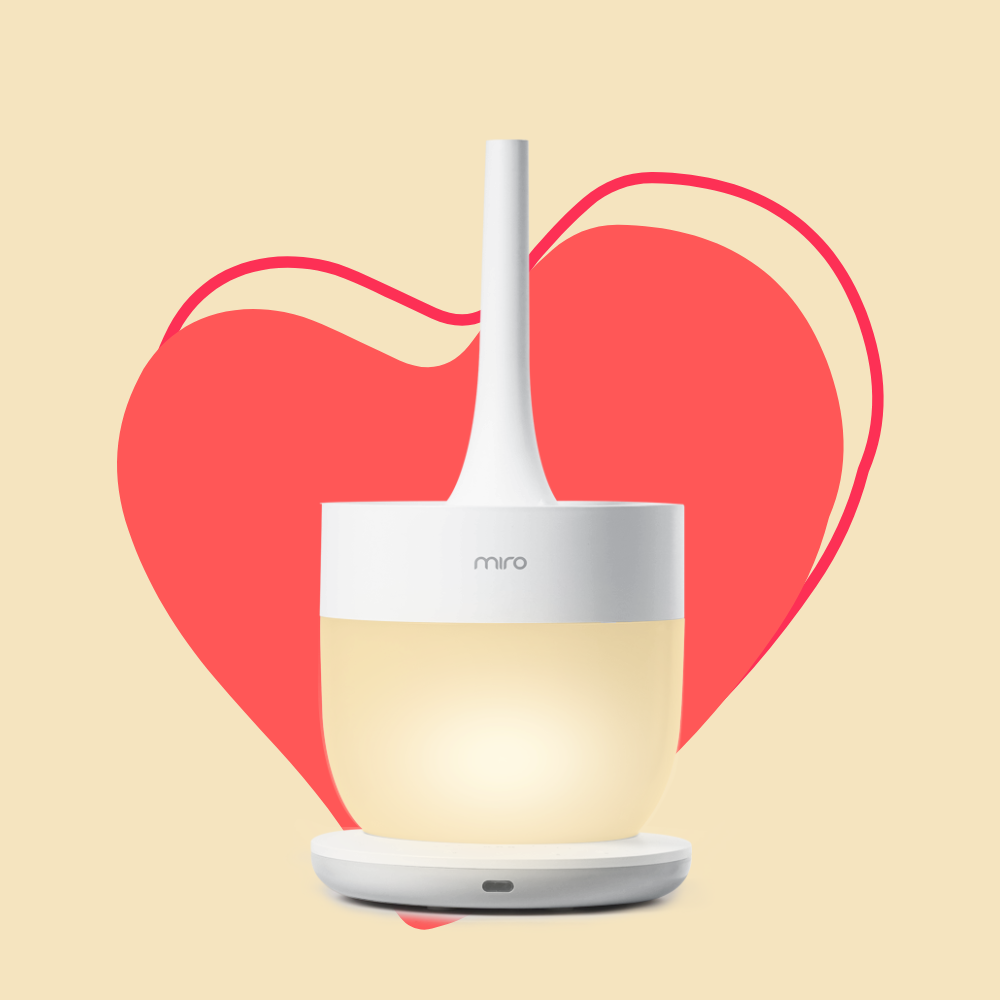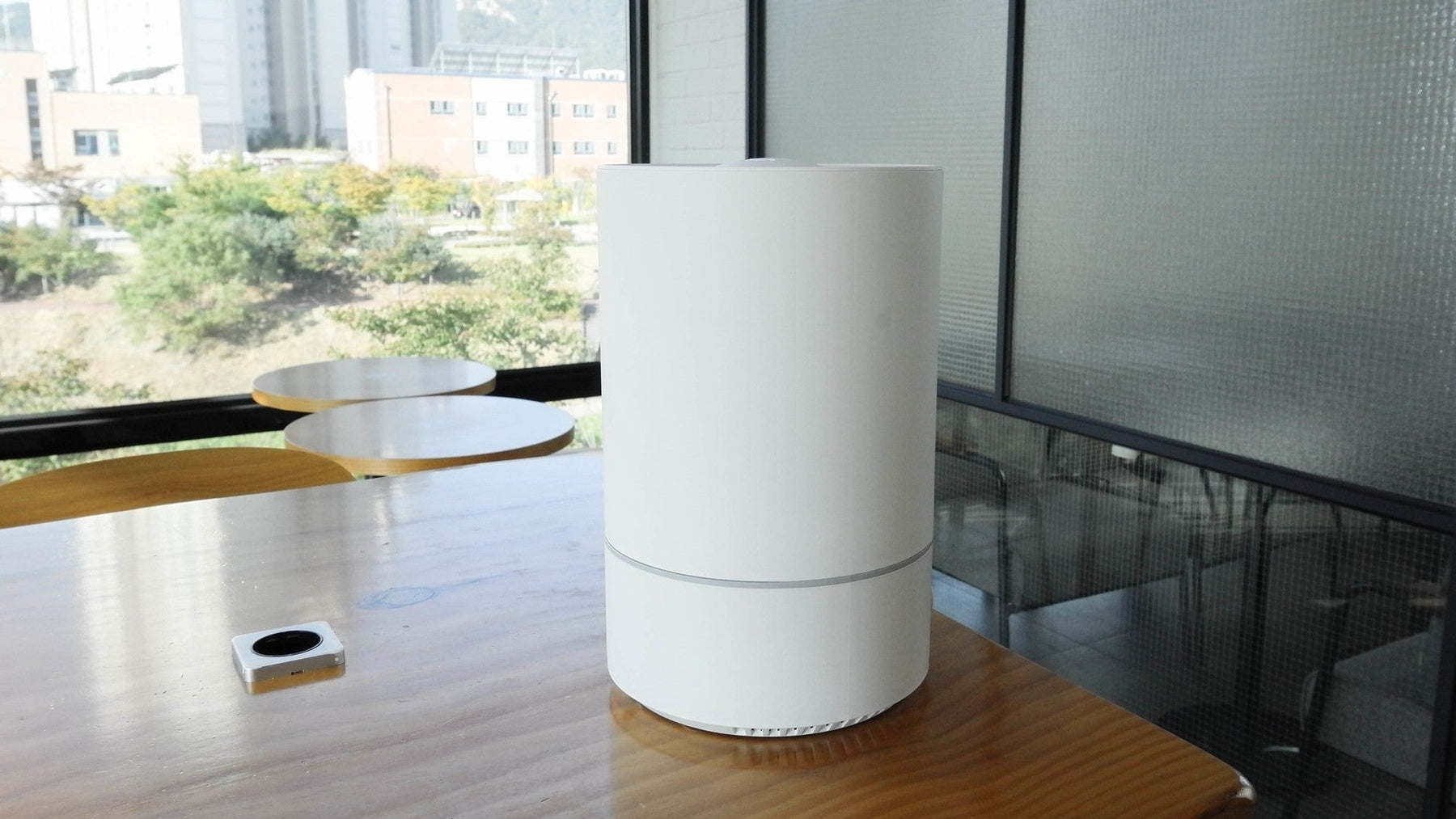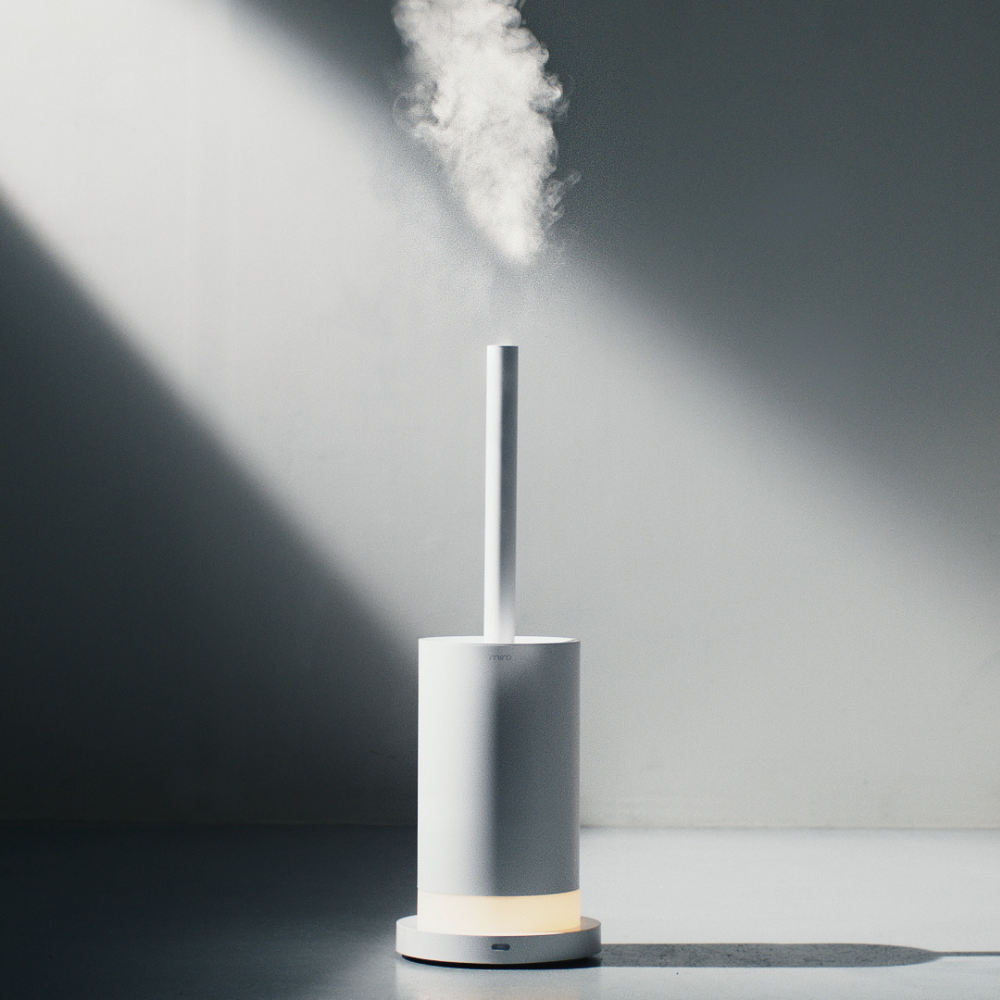

Should I Close the Door When Using a Humidifier: Unfogging the Mystery
Humidity! The word itself makes you feel a little sticky, doesn't it? For some of us, it evokes memories of sizzling summer days where you could "cut the air with a knife." For others, it's that magical element that keeps our skin from turning into a parched desert. And in the center of all this, we have a device that's all about humidity - the humble humidifier.
Humidity Simple Science
Let's take a trip down science memory lane, shall we? Remember, water molecules love to be free. So, they continuously transition from liquid to gas - that's evaporation for you. This moisture in the air is what we call humidity. A humidifier simply accelerates this process, making the air in your space feel like a tropical paradise, or at least less like the Sahara desert.
The Mechanics of Humidifiers
To help us crack the humidifier door puzzle, we first need to understand what types of humidifiers we're dealing with.
Which One Do You Own?
Evaporative Humidifiers
These babies are like high school sweethearts - simple and reliable. They use a fan to blow air through a wet wick filter, adding moisture to the air. Nothing too complicated, right?
Ultrasonic Humidifiers
These are the super-sleek, super-quiet ones. An ultrasonic humidifier uses a metal diaphragm vibrating at an ultrasonic frequency to create water droplets that get expelled into the air. High-tech and effective!
How Do They Make the Air So Moist?
By now, you might be thinking, "What's all this got to do with my door?" Bear with me, folks, we're getting there! The key is in how these humidifiers work. They release water vapor into the air, increasing humidity. So, think of your room like a pot of soup – when you put the lid on, it stays hotter for longer, right? The same principle applies to your humidifier and the door.
The Big Question: Should You Close the Door?
Aha! The million-dollar question - To close, or not to close?
The Case for Keeping the Door Open
Keeping the door open allows the humidity to spread to other rooms. So, if you're trying to create a rainforest vibe for your entire apartment, leaving the door open might be the way to go. But remember, the wider the space, the less the effect.
The Argument for Closing the Door
On the flip side, if you're using a humidifier to counteract the effects of dry air in a specific room, then closing the door could keep the moisture where it's needed most. The downside is, the rest of your place might feel like a desert while this room feels like a tropical island.
Additional Factors to Consider
There are a few more aspects to consider before we can truly solve this puzzle.
Room Size and Humidity
Remember our soup analogy? A larger room needs a larger pot of soup (or in this case, more humidity). So if your humidifier is small but your room is large, closing the door might be a better bet.
Humidity Preferences
Humidity is like cilantro - some love it, some hate it. Some of us revel in high humidity, while others like it a bit drier. Your preference could be the deciding factor in the door debate.
FAQs
Do all types of humidifiers require the door to be closed or open?
Not necessarily. The type of humidifier and room conditions often determine the best practice.
Does closing the door increase the efficiency of my humidifier?
If you're trying to target a specific room or area, closing the door could help contain the moisture and improve efficiency.
Can I use multiple humidifiers for larger spaces?
Absolutely! Just like adding more pots of soup on the stove, using multiple humidifiers can help increase overall humidity in larger spaces.
What happens if I keep the door open when using a humidifier?
The humidity will spread to other rooms, but may result in a less concentrated effect in the room with the humidifier.
How can I control the level of humidity in my room?
You can use a hygrometer to monitor humidity levels and adjust your humidifier settings accordingly.
Conclusion
So, should you close the door when using a humidifier? Like many things in life, it depends. On your room size, the type of your humidifier, and your humidity preferences. One thing's for sure, though - humidifiers are our unsung heroes, and understanding them just makes our relationship with them better.


